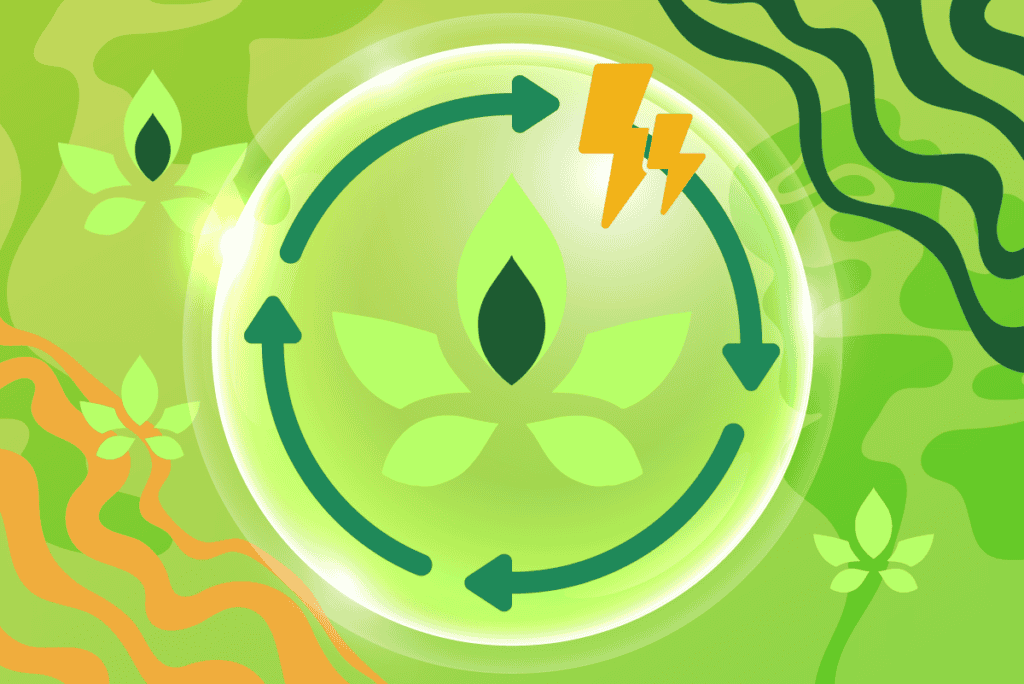A lot of you wouldn’t want to do anything while being drunk after drinking liquor except sleep and driving while you’re drunk isn’t safe at all. Now imagine driving while you’re stoned. Understandably, weed makes you happy but it can shift your time perception and decision-making because of its psychoactive effects, which can affect individuals’ driving performance and safety.
Let’s see why you shouldn’t get behind the wheel after using weed in all forms.
Key Takeaways
- Cannabis effects can delay response, reduce concentration, impair judgment, and impair perception of space and time.
- Consuming THC products can cause driving impairment while consuming CBD alone does not.
- Occasional cannabis users tend to have a greater chance of driving impairment than frequent users.
- Driving impairment is more likely to happen in the early stages of THC treatment in medical cannabis patients.
- There is no exact time to say that it’s safe to drive after using cannabis as a result of different factors such as weed type, dose, user experience, and consumption method.
- The risk of danger while driving is greater when combining the effects of alcohol and cannabis.
How do weed effects impact driving?
Cannabis effects delay the responses of the users. Therefore, driving after consuming cannabis will cause impaired motor skills by delaying response to traffic situations such as when braking or avoiding obstacles. It can also reduce the attention and concentration of the drivers leading to overlooking traffic signs, pedestrians, and other vehicles.
On top of that, cannabis consumption can impair judgment which can be life-threatening to drivers as well as others when one can make risky decisions, drive recklessly, or do things against the law. Cannabis effects will cause impaired perception of space and time resulting in difficulty in judging the speed and distance of other vehicles.
How much does weed impair driving?
Cannabis impairs driving skills, although how much weed affects impairment varies depending on the dose and the individual.
According to the International Council on Alcohol, Drugs & Traffic Safety (ICADTS), they have conducted several studies on cannabis consumption and driving skills. One study conducted in the Netherlands in 2000 had participants vaporize several types of cannabis containing different ratios of tetrahydrocannabinol (THC) and cannabidiol (CBD) and then perform a driving simulator. As a result, individuals who consume THC-containing cannabis products affect driving impairment, while CBD, when taken alone, does not cause any driving impairment.
Another on-road study about driving performance in occasional and chronic cannabis users revealed that only occasional users were impaired. No driving impairments are occurring among frequent consumers of 10 or 20 mg THC, however, it does not mean that THC is harmless for chronic users when driving after cannabis consumption. It shows that people who consume cannabis regularly develop a tolerance to some of the impairing effects. Driving after consuming THC products is still considered dangerous for chronic users as they may consume higher doses to overcome their tolerance to achieve a high feeling which can result in driving impairment.
Medical Cannabis and Driving
As stated in a 2021 study from Australia, medical cannabis patients usually consume cannabis products daily for their health conditions and over prolonged intervals. They are more likely to develop tolerance to THC effects meaning that they also develop tolerance to driving impairment.
The study also reported that participants who regularly use cannabis – typically using daily or nearly daily basis – showed no driving impairment within the use of 10 mg or 20 mg of dronabinol, the synthetic THC used as medication among medical cannabis patients. In contrast, individuals with occasional cannabis use, generally less than once per week, showed impairment while driving particularly at the higher 20 mg dose.
The results can conclude that driving impairment is more likely to occur during the early stages of THC treatment and patients should be advised extreme caution about driving until their treatment regimen is stable. The best decision might be to avoid driving while taking cannabis-based medications or just cannabis products recreationally to avoid putting yourself and others at risk.
How long after using cannabis is safe to drive?
It’s sad to say, but there is no exact time after which it is safe to drive after consuming cannabis as its effects can impact each person differently each person meaning that the time to recover or to be ‘sober’ from intoxication varies depending on the consumers’ biological characteristics, THC dose, the consumers’ experience, type of cannabis, and the consumption method. Ingesting cannabis will cause impairment to last longer and it takes longer to recover as it takes time to absorb and metabolize compared to when it is inhaled.
People who use cannabis frequently tend to have greater tolerance for THC and can safely drive sooner than those who use it occasionally. However, THC tolerance will not work if frequent users use higher THC doses to achieve high effects before driving which may lead to severe accidents. In a recent study associated with occasional cannabis users, the participants who vaporized (inhaled) 13.75 mg of THC were generally safe to drive when 4-5 hours had passed after consuming cannabis and after 8 hours after ingesting 20 mg of THC.
Cannabis vs Alcohol: Driving Edition
Unlike cannabis, alcohol tends to decrease inhibition and increase risky behaviors by inflating self-confidence such as speeding. On the other hand, cannabis impairs important driving skills which are usually associated with slower driving and increased headway (the distance that the driver leaves between their vehicle and the vehicle ahead). There is a small similarity between the effects of alcohol and cannabis on driving which is a greater lane weaving.
Combining the effects of alcohol and cannabis, even in low concentrations, can be dangerous for driving as they produce greater impairment than caused by consuming either substance alone.
Conclusion
Driving after the use of cannabis can delay responses which greatly impact the decision-making while on the road. Driving impairments can lead to other risks including reckless driving, and overlooking traffic signs, pedestrians, and other cars. People who consume THC are more likely to be impaired while driving compared to those who take CBD alone. Those who use cannabis frequently tend to have more tolerance to the impairment than occasional cannabis users. Although, it doesn’t mean that frequent users will have no driving impairment at all.
It is hard to state the exact time to recover from intoxication as it depends on several factors including THC dose, experience of the user, weed type, and consumption method, which means that there is no definite time that is considered safe to drive after using cannabis. Combining the use of cannabis and alcohol before driving leads to greater risk as both substances together produce greater impairment.




